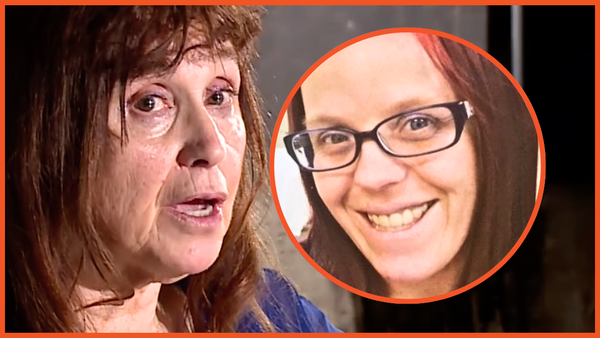
Today, for the first Sunday in the 489-year history of the Church of England, its vicars are at liberty to offer “prayers of love and faith” to same-sex couples. Before you greet this news with a long-overdue hallelujah, it is worth studying the ecclesiastical small print. The blessings are to be understood in the context of what the church now calls “covenanted friendships”, explained as follows: “Covenanted friendships are relationships of an entirely different nature to marriage. The friends may be married to other people, or unmarried. The friendship is by definition not sexually intimate …”
Several bishops, even so, feel uneasy at the implied break with the organisation’s more traditional homophobia. The bishop of Ebbsfleet has instructed his parishioners to take private comfort, if confronted with such prayers, in what the scriptures had to say about the adulteress Jezebel. I’m no theologian, but I wonder if Jesus’s reported final plea “love one another” might be a more useful verse to have in mind – in particular, perhaps, when delivered with WH Auden’s pointed personal emphasis: “We must love one another, or die.” Otherwise, the synod may still be arguing about who exactly is allowed to love whom when they notice that no one walks down their aisles at all.
Grammar school

I went through a curious phase, not long after Brexit, of responding to tweets made by Jacob Rees-Mogg with corrections to his lazy grammar. In particular, it was clear that the punctilious “member for the 18th century” had not the first clue about the correct employment of semicolons. I took this as clear evidence (obviously) that the Brexiter was unable to hold two parallel thoughts in his head without implied subordination; the root of many of our current ills. I read the obituary last week of 86-year-old William G Connolly, who had been responsible for updating the New York Times’s internal Manual of Style and Usage; here was a man who might have been a fellow traveller in my bleakly satisfying campaign.
Connolly once wrote a fabulous open letter to 11-year-olds. It described how the semicolon was something to which “adults haven’t paid nearly enough attention; they have relegated the semicolon to a back burner behind those occupied by the comma, the period and even the colon. Do not feel guilty about this; it’s not your fault ...” I don’t know whether Rees-Mogg was aware of my sad corrections. Of late, however, in his tweets, I sense that the North East Somerset MP avoids too many clauses; he plays it safe.
Great dame

Watching clips on Friday of Australia’s memorial service to Barry Humphries was to be struck by the universality of his comedy. There cannot have been many entertainers who counted both Elton John and Rupert Murdoch among ardent admirers. My own proof of that came when I was once sent to write about Humphries, who was on a North American tour. Faced with a stern – “what is the purpose of your visit, sir?” – at passport control in Vancouver, I offered that I was here to meet the comedy legend. The officer could not have greeted this information with a more hostile stare.
To jog his memory, I found myself supplying more and more detail of Humphries’s act. The man remained silent for a long while. “Let me get this straight, sir,” he said, gravely. “You have flown here from England to meet in a downtown hotel with a man dressed as an Australian housewife.” I nodded nervously. He then broke into a grin: “G’day, possum!” he roared, and waved me through.
• Tim Adams is an Observer columnist
Do you have an opinion on the issues raised in this article? If you would like to submit a letter of up to 250 words to be considered for publication, email it to us at observer.letters@observer.co.uk







